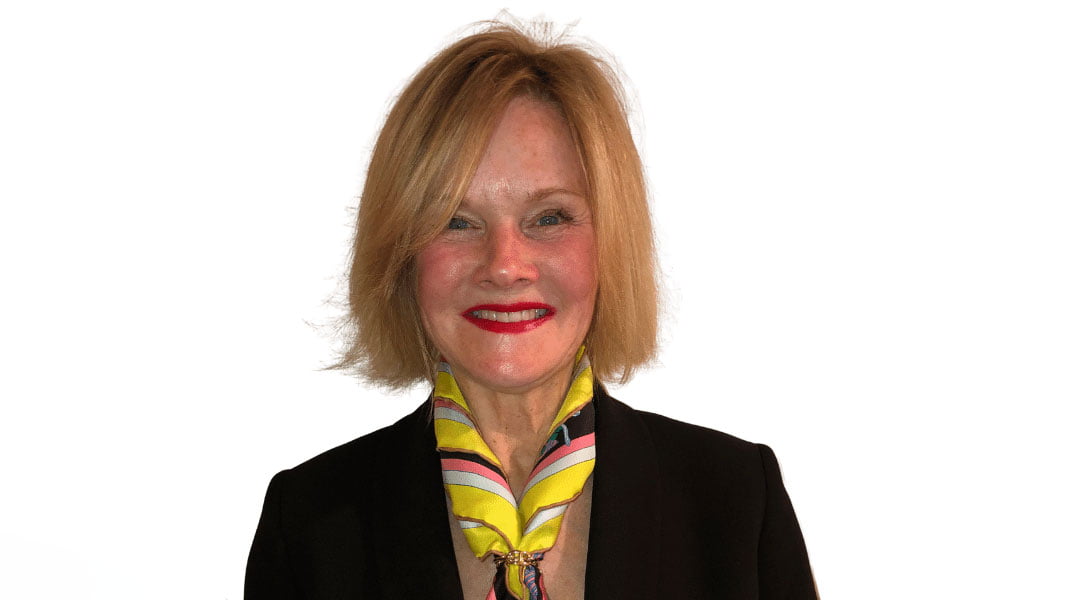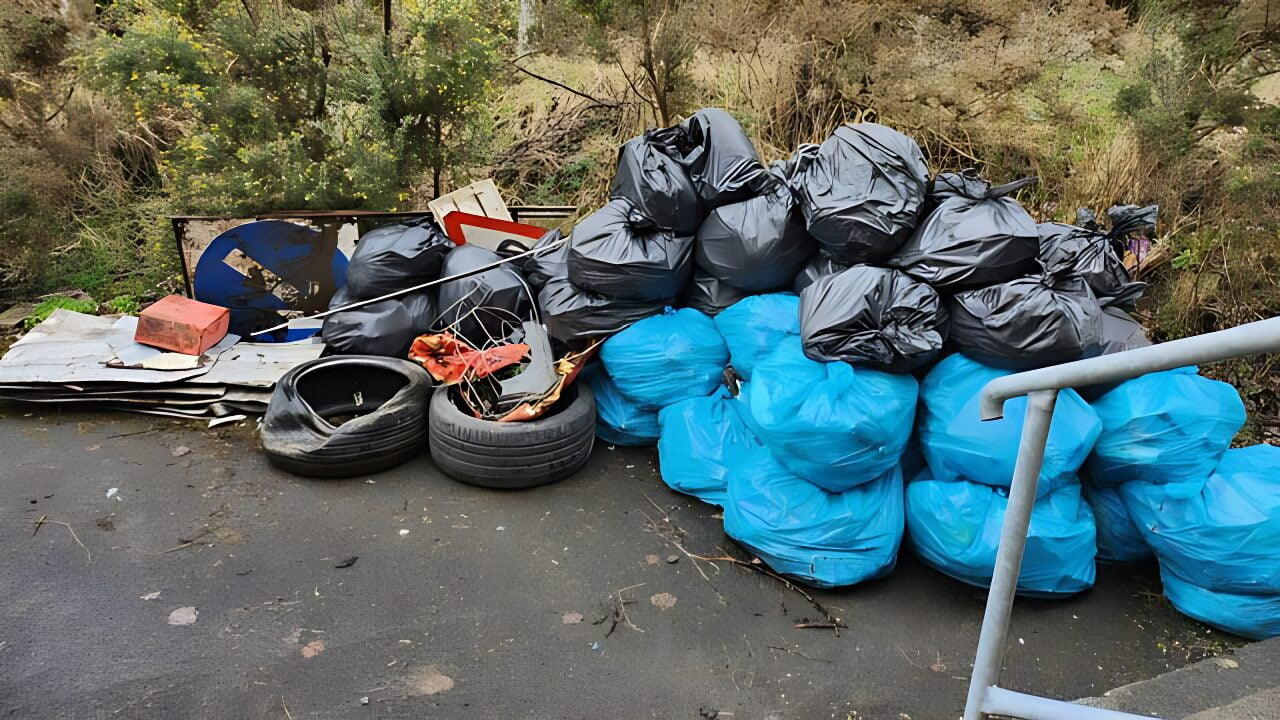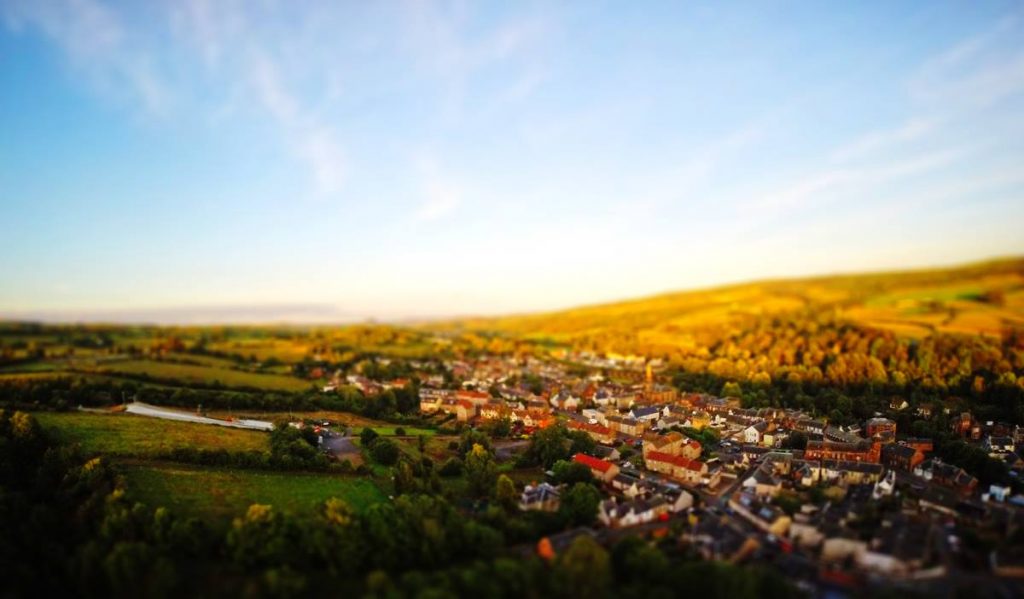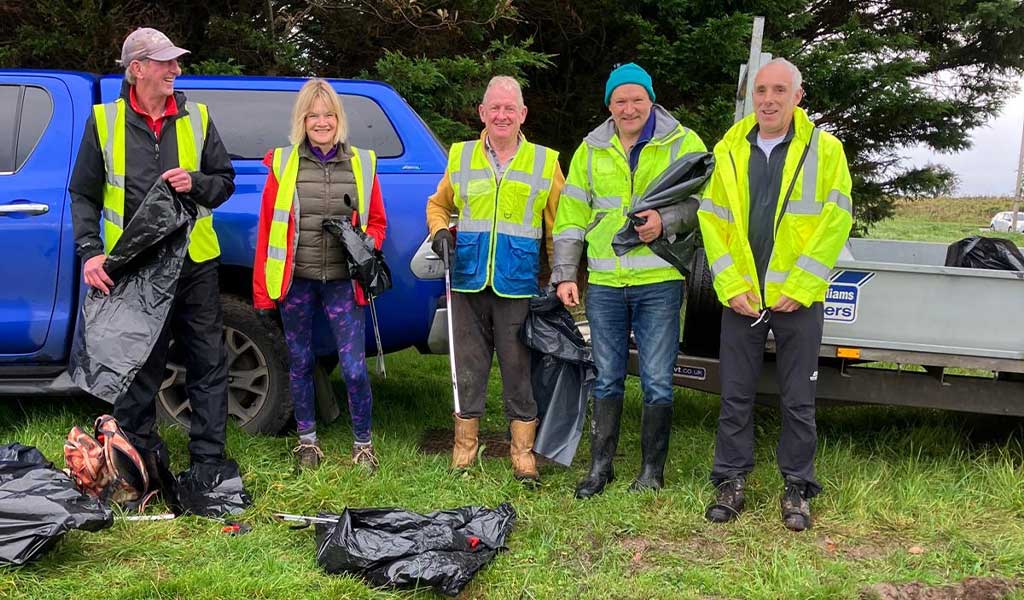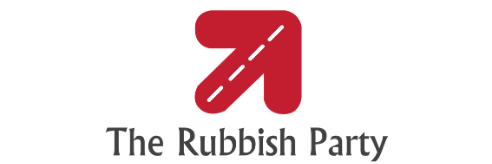
The Rubbish Party
What we stand for: PRINCIPLED
The Rubbish Party is a political party that aims to eradicate all rubbish from our local community. “Rubbish” ranges from litter, fly-tipping and dog fouling to wasted resources and poorly executed policies. The genesis of The Rubbish Party was a recognition that these issues are indicia of rubbish policies or good policies spoiled by rubbish execution.
It has three founding members who meet regularly to discuss progress and its constitution has been drafted so that it could be franchised and used in other communities (with permission).
I have found my place and my voice.
At all times I have remained resolutely independent and have voted on and acted in accordance with my views and in a way that I believe to be right.
I continue to do my best to act for my constituents and my constituency. Early on I identified some key goals that I should be working towards, these include: Litter; fly tipping; dog fouling; regeneration of our town centres; flooding; connectivity (through both IT and transport); plus working towards a lower carbon base. The frightening realisation that one in five children lives in poverty in a so called ‘developed nation’ is wholly unacceptable. So, tackling deprivation and poverty are now included within my key targets.
In addition to these core areas are numerous matters brought to my attention by constituents. These range from bins not being collected, violence, antisocial behaviour, adolescent anti-social behaviour, housing problems, potholes and many more. On top of these matters we are experiencing more extreme weather events and we live in an increasingly unstable world.
Hi, I’m Sally
I’m a mum, wife, daughter, grandmother, sister, aunt, friend, and…
I’m a local councillor in East Ayrshire.
I was brought up in rural South Wales and spent my formative years pursuing a career in retail and the travel industry. I gave up this career when I became a mum so that I could focus on raising our children. We moved to East Ayrshire in 1995. I became involved in the local community council in 2007. At the same time, I became a fund raiser for the charity Hope and Homes for Children (https://www.hopeandhomes.org).
When I’m not being a councillor I am most likely to be found hill walking or cycling with my husband or running to keep fit. Our favourite holiday destination is almost anywhere on the west coast of Scotland or, if we’re going a little further, Majorca.
I have never understood why people litter, fly tip and allow their dogs to foul without clearing up. In spring 2011, I organised my first litter pick on behalf of Galston Community Council. We had over 100 volunteers and lots of support, so it became an annual event. We worked closely with the local schools on litter issues which laid the foundation for the Litter in Schools programme.
I got so fed up with the environmental mess caused by littering that I decided to stand as a local councillor to try and make a real difference.
“If you’re going to do it, do it properly and give it a name… how about ‘The Rubbish Party’?”.
I rose to this challenge and the party remains the smallest political party in the UK
You can read more about this in my ‘Rubbish Timeline’ – Litter the story so far..
A councillor’s main role is to represent the constituents who live in their ward. For me, this is Ward 6, The Irvine Valley. Councillors provide a bridge between the community and the council. We stand up for local residents – you – and keep you informed about the issues that affect you. This is achieved through dialogue with constituents and working with council officers to ensure the delivery of quality public services within budget constraints.
For councillors who are members of mainstream political parties, the role involves being an ambassador for the political party and being part of the team delivering national policy. As an independent, or representative of a minority political party, the role is self and (more importantly) constituent determined.
Traditionally, communication with you was through surgeries. This has changed, and now it is predominately done via phone, zoom, social media or socially distanced face-to-face meetings. The issues addressed range from housing, health care and antisocial behaviour, to potholes and of course litter. Additionally, community-wide issues are discussed at community council, community trust and other community meetings. Further details are contained with my community reports.

